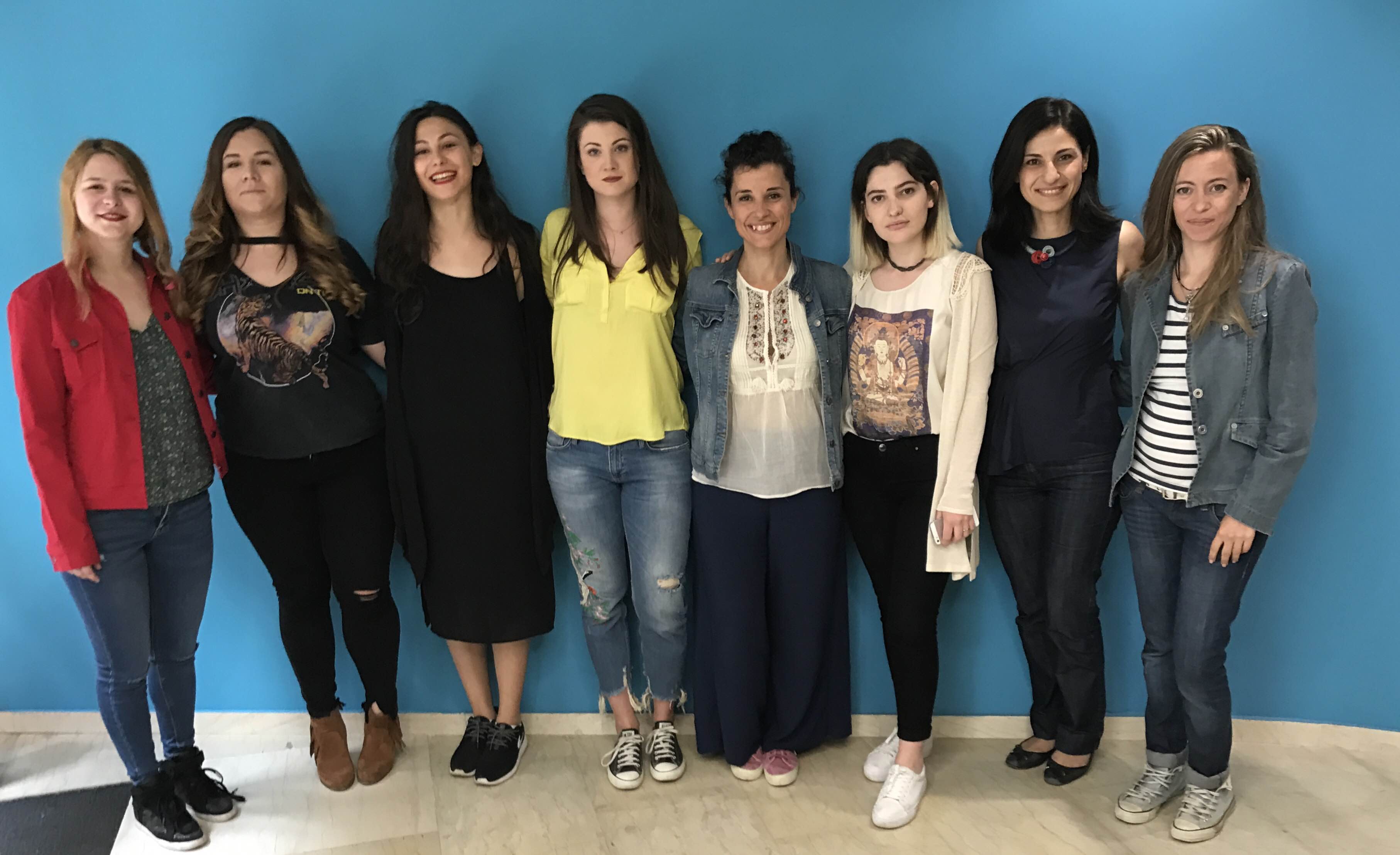More than half of the worldwide population speaks at least a second language, whereas a similar number (58%) has been reported for Europeans in a recent survey conducted by the European Comission (2012). The factors contributing to the increase of bilingualism in our current society are cultural openness, migration and globalization. Given these numbers, understanding what are the advantages and disadvantages associated with learning a second language or growing up in a bilingual-multilingual context has become the focus of policy makers and researchers. For instance, the European Commission launched in 2005 A New Framework Strategy for Multilingualism to promote actions for maintaining and increasing linguistic diversity in Europe. While there are obvious socio-economic advantages associated with speaking more than one language (cultural agility, linguistic diversity, enhanced communication and better economic, educational and professional opportunities), research is not conclusive with regards to the cognitive and language specific benefits associated to bilingualism. The Bilingualism Group at the Psychology Department of the University of Sheffield International Faculty, City College, led by Dr Lisa Chrysochoou and Professor Ana B. Vivas conducts groundbreaking research on the so called bilingual advantage, and other neuro-cognitive and language aspects of bilingualism. This research line started with the collaboration of Professor Vivas with Dr Albert Costa from the University of Pompeu Fabra in Barcelona (Spain) with Catalan-Spanish bilinguals, and continued with a SEER PhD thesis by Dr Aristea Ladas (co-supervised by Professor Vivas and Professor Michael Siegal and Dr Dan Caroll at Sheffield), which examined Greek-Albanian bilinguals across the life span. Dr Chrysochoou was also involved in large-scale National funded project leaded by Aristotle University to investigate Greek-Albanian bilingual children. This line of research has also been funded by the COEUS summer internship scheme, awarded to Dr Chrysochoou, Professor Vivas and Dr YangJing Wu (at Sheffield) and to our postgraduate student in Cognitive Neuropsychology, Vasiliki Salvari, to study brain function using EEG in Greek-Albanian bilinguals. Our research so far has challenged previous findings of bilingual people outperforming monolingual people in cognitive skills (memory, attention, cognitive flexibility). We have recruited data from over 350 participants, 161 Greek-Albanian bilinguals (and matched, on socio-status, general intelligence, age and gender, Greek monolinguals), ranging in age from 5 to 90 years old, and 27 simultaneous French-Greek bilinguals, and examined both cognitive performance using behavioural tasks, and brain function using EEG. Currently, we are collecting data from other linguistic bilingual populations in South East Europe in the framework of two SEER PhD studentships, Aleksandra Laketa and Arvesa Studenica, in collaboration with Dr Emma Blakely (at Sheffield), and several undergraduate and post-graduate research projects. We are also collaborating with Dr Patsala, from the English Studies Department, to study second language learners of English among our multi-linguistic student body. The findings of our research are of crucial importance, since understanding the impact of bilingualism on cognition across the life span, whether bilingual children have better cognitive performance than their monolingual peers and bilingual older adults show less cognitive decline, has strong implications for policy making (e.g., inclusion of mandatory L2 learning in the school curriculum, and recommendation of L2 learning as a preventive strategy for healthy aging).
If you want to learn more about our research on bilingualism you can read
Ladas, A. I., Carroll, D. J., & Vivas, A. B. (2015). Attentional Processes in Low‐Socioeconomic Status Bilingual Children: Are They Modulated by the Amount of Bilingual Experience?. Child development, 86(2), 557-578.
Vivas, A. B., Ladas, A. I., Salvari, V., & Chrysochoou, E. (2017). Revisiting the bilingual advantage in attention in low SES Greek-Albanians: does the level of bilingual experience matter? Language, Cognition and Neuroscience, 1-14.
Our research will be also presented in a symposium organized by our research group at the 16th National Conference of the Hellenic Society of Psychology, in Thessaloniki (http://www.elpse2017.gr/).
If you are bilingual and want to participate in our research please contact our PhD student, Ms Studenica at This email address is being protected from spambots. You need JavaScript enabled to view it.





